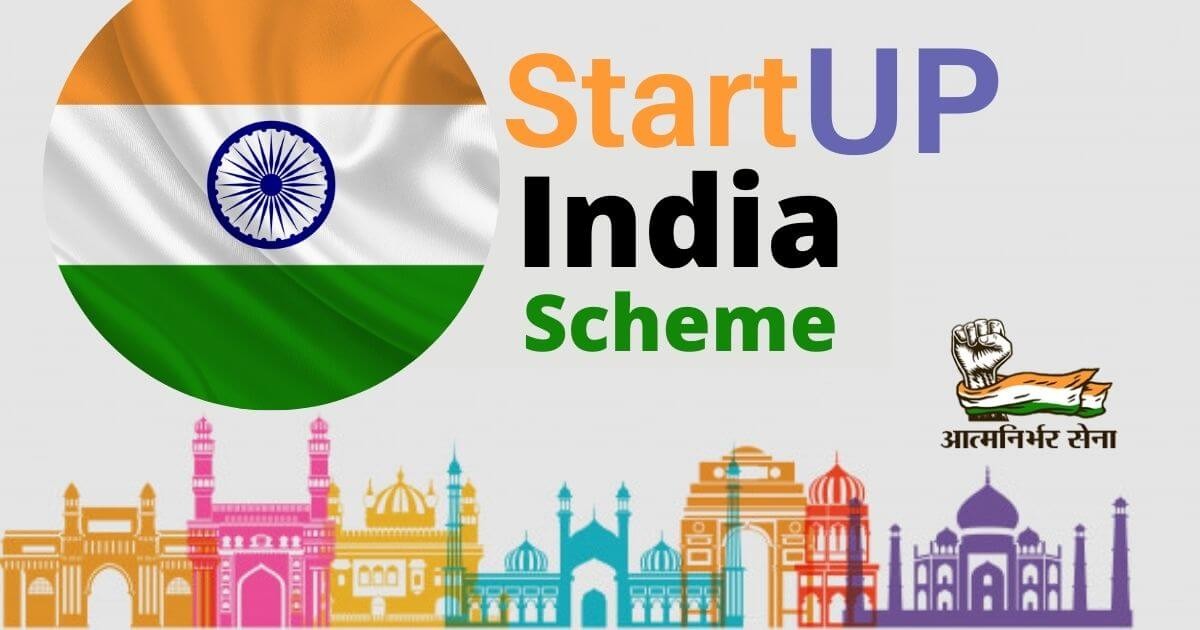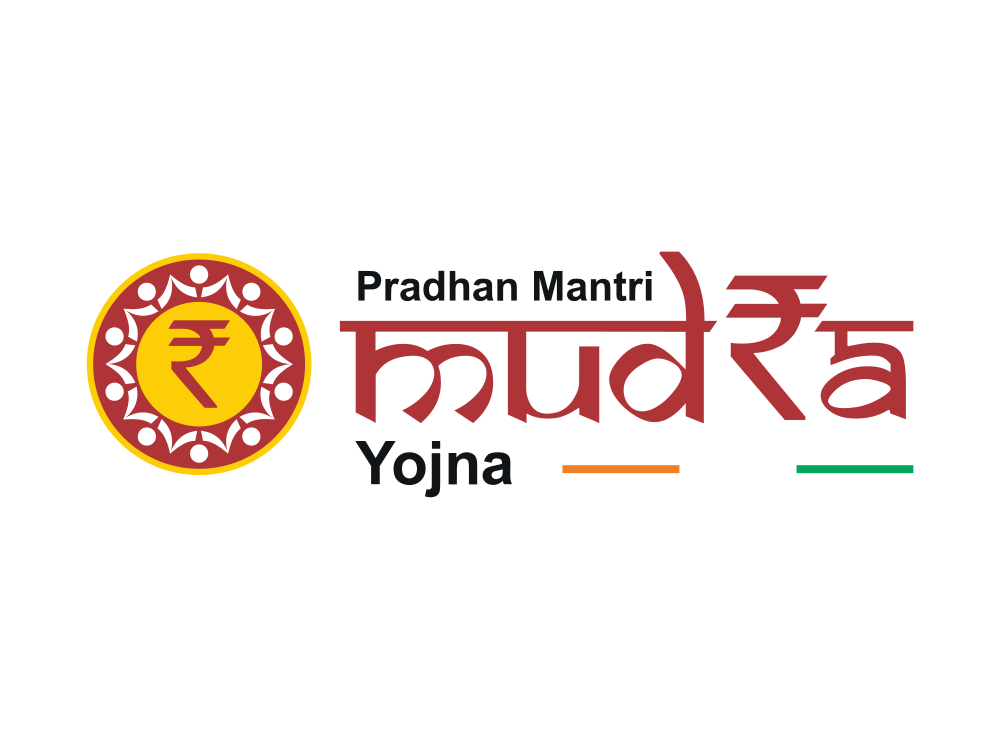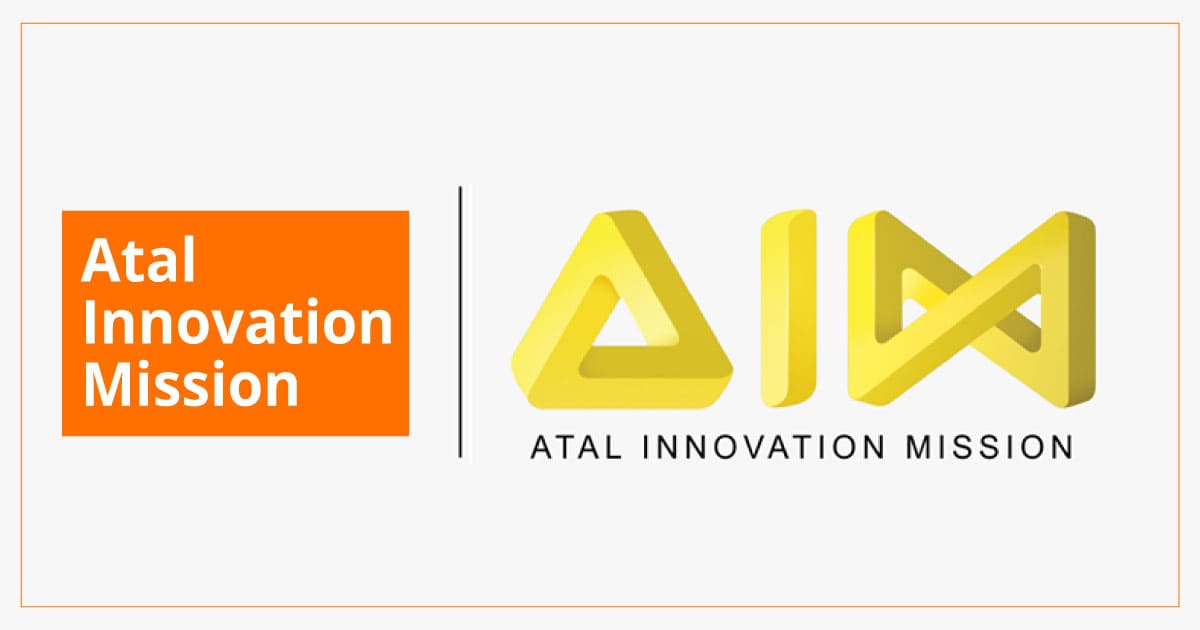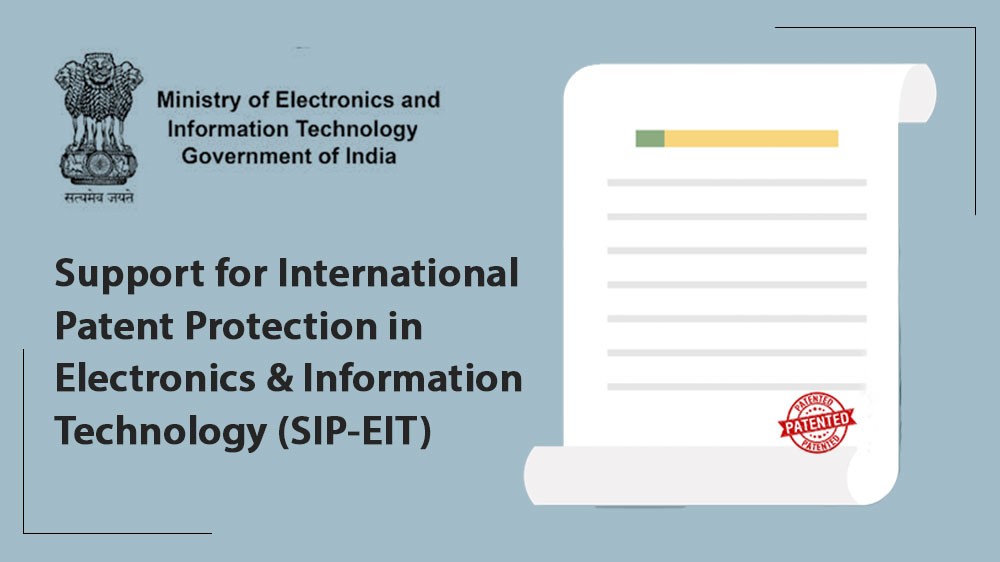India is developing at a faster rate, and with development, there come businesses. India is rapidly growing in developing new entrepreneurs. But being an entrepreneur might be challenging, as it involves a lot of investment and risk-bearing capacity. The Indian government has actively stepped in with numerous schemes to foster innovation, provide funding, and guide startups from idea to execution. These schemes are more than just benefits—they're structured systems that empower grassroots innovators, tech disruptors, and social entrepreneurs alike.
Let’s explore the top seven government-backed startup schemes in India, complete with deeper details and how they benefit founders.
1. Startup India Initiative
If you know of any scheme, it's likely this one. Introduced in 2016, the Startup India Initiative was designed to create an ecosystem for innovation and startups to flourish. It's a game-changer, providing benefits that simplify entrepreneurs' lives.
Register and Enjoy Benefits: If your startup is approved by the Department for Promotion of Industry and Internal Trade (DPIIT), you get access to a whole lot of benefits.
Tax Relief: Startups enjoy a 3-year exemption from income tax—an outright savior in the first few years.
Less Paperwork: The government provides a simplified procedure to self-certify under labor and environmental legislation. Bidding adieu to complex compliance.
IPR Support: Patents can be a pain. But with this scheme, you have a fast-track procedure and up to an 80% rebate on patent filing charges.
Fund of Funds: When capital is the stumbling block, the plan introduces the gates of a ₹10,000 crore Fund of Funds, handled by SIDBI. This provides financial support for startups.

2. Pradhan Mantri MUDRA Yojana (PMMY)
It is all about offering the financial support small and micro enterprises require to fly. No collateral at all—just an idea and a plan.
Shishu: Maximum ₹50,000 to get your venture going.
Kishore: ₹50,001 to ₹5 lakh for people who wish to scale.
Tarun: For scaling firms, providing loans ranging from ₹5 to ₹10 lakh.
The good news? These loans are collateral-free, so assets' risks of putting them out are eliminated.

3. Atal Innovation Mission (AIM)
The Atal Innovation Mission was established by NITI Aayog to break the mold when it comes to innovation. It's about developing a culture of innovation and promoting young minds to think differently.
Tinkering Labs: Think of a school laboratory where students are free to play with robotics, 3D printing, and other gadgets. That's what Atal Tinkering Labs are all about where innovation is planted.
Incubation Centers: If you’re working on a tech startup or social enterprise, these centers provide infrastructure, mentorship, and even funding.
New India Challenges: This initiative encourages entrepreneurs to come up with innovative products that tackle India’s biggest problems.

4. Credit Guarantee Fund Trust for Micro and Small Enterprises (CGTMSE)
Here's a large one for small businesses: CGTMSE assists you in securing loans without providing any collateral. It's a savior for firms that lack assets to mortgage but require funds to expand.
Loan Coverage: It covers loans of up to ₹2 crore, both for term loans and working capital.
Increased Coverage for Micro-Enterprises: Guarantee of up to 85% for micro-enterprises, with special emphasis on women-run enterprises or enterprises based in the North-Eastern states.
Objective: To enable companies to get access to credit in an easy and reasonable manner, irrespective of the stage or size of the enterprise.

5. Stand-Up India Scheme
This scheme aims at encouraging entrepreneurship among women and SC/ST groups through access to loans for the establishment of greenfield enterprises.
Loan Amount: Loans from ₹10 lakh to ₹1 crore.
Eligibility: One SC/ST or woman entrepreneur in each bank branch is given an opportunity to utilize this scheme.
Repayment Terms: The loan has to be repaid within 7 years, with a maximum moratorium time of 18 months.
Project Reports: The scheme assists in preparing detailed project reports, removing some of the hassles involved.

6. Support for International Patent Protection in Electronics & IT (SIP-EIT)
Innovation doesn't restrict itself to the domestic scene—it can extend beyond. The SIP-EIT program helps MSMEs and startups in tech who wish to secure their intellectual property abroad.
Reimbursement: You can get reimbursed up to 50% of patent filing expenses (with a ceiling of ₹15 lakh per innovation).
Global Competitiveness: The program intends to assist Indian startups to compete on a global scale through encouraging patent applications overseas.

7. Technology Incubation and Development of Entrepreneurs (TIDE 2.0)
It comes under the Ministry of Electronics and Information Technology (MeitY) and concentrates on tech startup support that focuses on advanced technologies.
Tech Focus: It encourages startups engaged in topics such as AI, IoT, blockchain, and robotics.
Funding: You can receive grants of up to ₹7 lakh, while entrepreneurs-in-residence can get up to ₹4 lakh.
Additional Support: You also have access to co-working space, mentorship, and networking opportunities—everything you need to move quickly and make progress.

Conclusion
India’s startup scene is no longer a niche—it's a national mission. The government has clearly recognized that nurturing innovation requires more than just encouragement; it demands structure, capital, and mentorship. Whether you're a small-town founder building a bootstrapped product or a tech innovator in Bangalore dreaming global, these schemes offer the push needed to go from idea to IPO.
So before you pitch to a VC or hunt for angel investors, explore what your own government is ready to offer—you might just find your runway to success already built.
With inputs from agencies
Image Source: Multiple agencies
© Copyright 2025. All Rights Reserved Powered by Vygr Media.


























